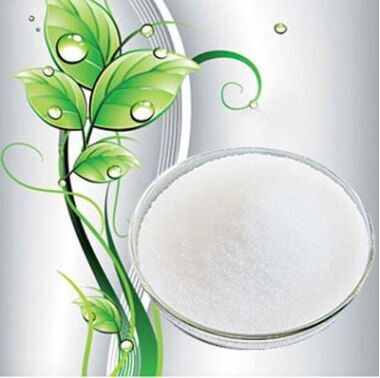Beautiful Plants For Your Interior

In today’s fast-paced world, ensuring the safety and longevity of food products is of utmost importance. One such solution that has gained significant popularity in the food industry is the use of sorbate as a food preservative. Let’s delve into the fascinating world of sorbate and its role in revolutionizing food preservation.
What is sorbate? Sorbate, specifically potassium sorbate, is a chemical compound derived from sorbic acid. It is widely used as a food preservative due to its ability to inhibit the growth of molds, yeasts, and certain bacteria.
How does sorbate preserve food? Sorbate works by disrupting the metabolic processes of microorganisms, preventing their growth and reproduction. This inhibitory effect helps extend the shelf life of various food products, reducing the risk of spoilage and ensuring consumer safety.
What types of food products use sorbate as a preservative? Sorbate finds its application in a wide range of food products, including baked goods, dairy products, beverages, sauces, dressings, and processed meats. Its versatility and effectiveness make it a popular choice among food manufacturers.
Is sorbate safe for consumption? Yes, sorbate is generally recognized as safe (GRAS) by regulatory authorities when used within approved limits. However, individuals with specific allergies or sensitivities should exercise caution and consult with healthcare professionals if necessary.
Are there any potential drawbacks to using sorbate? While sorbate is generally considered safe, some studies suggest that high concentrations may have adverse effects on human health. It is crucial for food manufacturers to adhere to recommended usage levels and conduct thorough safety assessments.
Are there any alternatives to sorbate as a food preservative? Yes, there are alternative food preservatives available, such as benzoates and sulfites. However, each preservative has its own set of advantages and limitations, and the choice depends on factors like the specific food product, desired shelf life, and regulatory requirements.
Sorbate has emerged as a powerful tool in the food industry, revolutionizing food preservation practices. Its ability to inhibit the growth of microorganisms and extend the shelf life of various food products has made it a go-to choice for food manufacturers. However, it is essential to strike a balance between its benefits and potential drawbacks, ensuring the safety and well-being of consumers.
